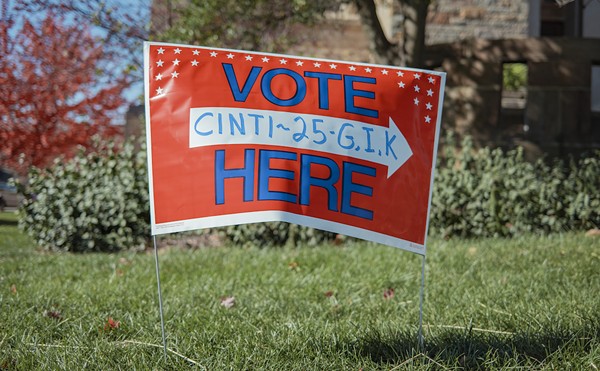Is a bill currently being considered in the Ohio House about protecting the public, or curbing protest? That's the debate between supporters and opponents of Senate Bill 33.
The House Public Utilities Committee yesterday held its seventh hearing on the legislation, which would increase penalties for those who physically damage or tamper with critical infrastructure facilities.
Randy Cunningham with the Cleveland Environmental Action Network says it is similar to legislation in other states backed by the oil and gas industry after the 2016 Dakota Access Pipeline protests.
"They have applied it to virtually everything you can think of: railroads, refineries, pipelines, injection wells," says Cunningham. "The goal of it is to chill the conversation, to chill dissent."
Rob Eshenbaugh with Capitol Advocates represents a group of businesses and trade groups supportive of SB 33. He contends it's needed to protect public safety.
"There have been increased threats to critical infrastructure in Ohio, and the enhanced penalties in this bill (are) hopefully going to be a deterrent for any of those actions in the future," says Eshenbaugh.
The Ohio Senate passed SB 33 in May by a 24 to 8 vote.
Opponents argue the measure would discourage protests by making organizers or groups civilly responsible for the criminal offenses of an individual participant, with penalties up to $100,000. However, Eshenbaugh says organizations would not be held responsible for one person's rogue actions.
"Organizations are only held liable under the bill if they direct or compensate someone to perform an action of intentional destruction," says Eshenbaugh. "It is not simply someone that has gone onto property if they are just at a protest."
Cunningham says the measure is pitting civil rights against corporate interests.
"David vs. Godzilla is what it is," says Cunningham. "It is about money vs. rights. Maybe eventually the rights win out, but right now I'll bet on the money any day. And they're wasting their time if they think they're going to keep us from protesting."
Supporters counter that SB 33 does not infringe on the constitutional right to protest, but rather curbs intentional acts that one might commit.
This story was produced in association with Media in the Public Interest and funded in part by the George Gund Foundation.






